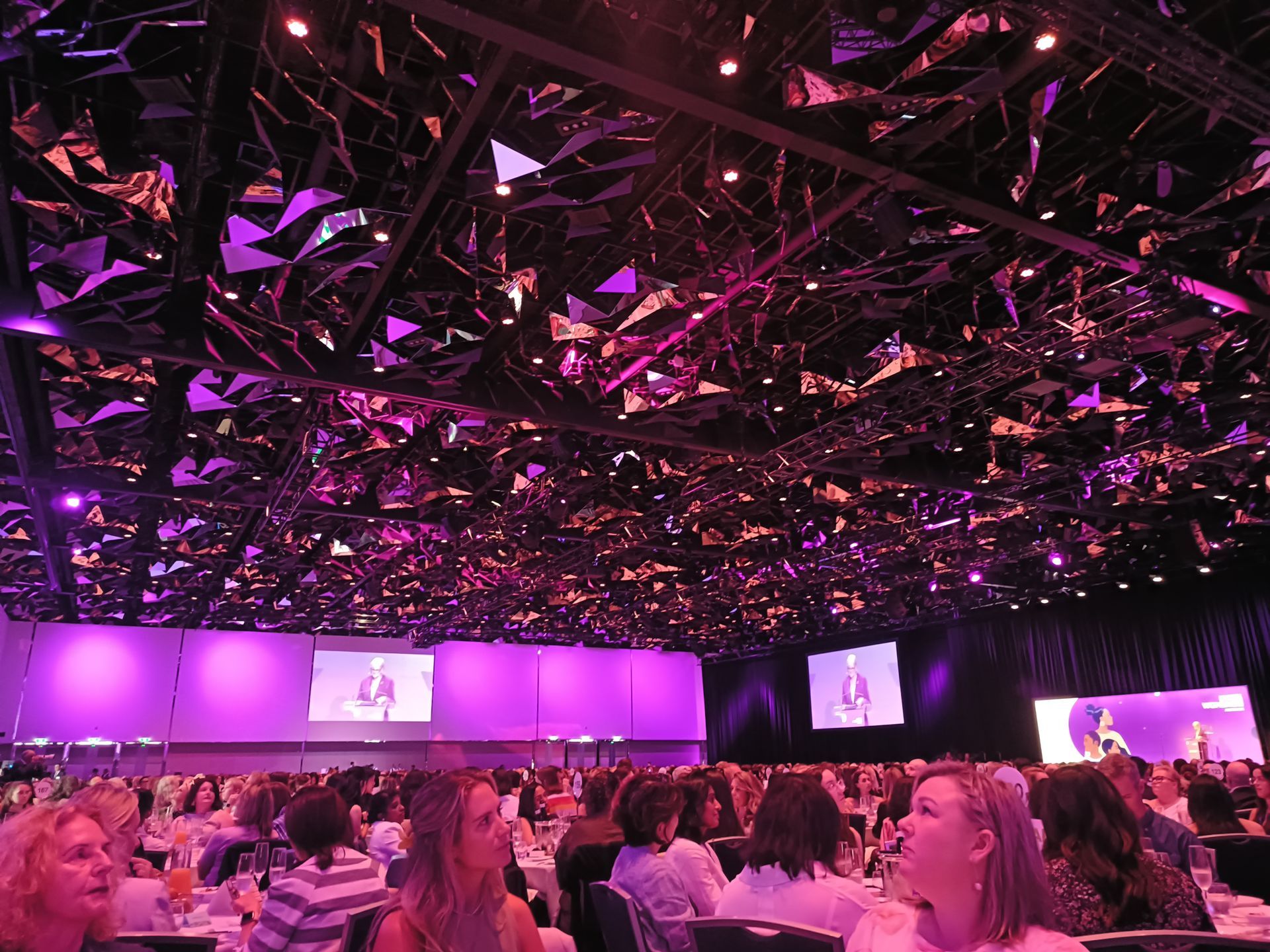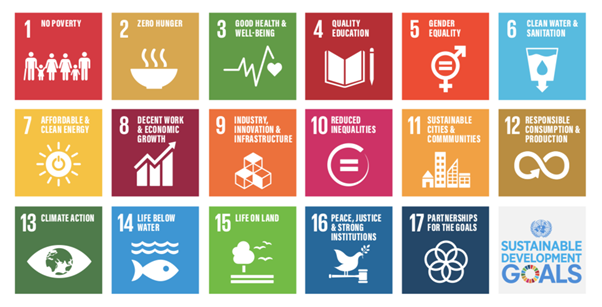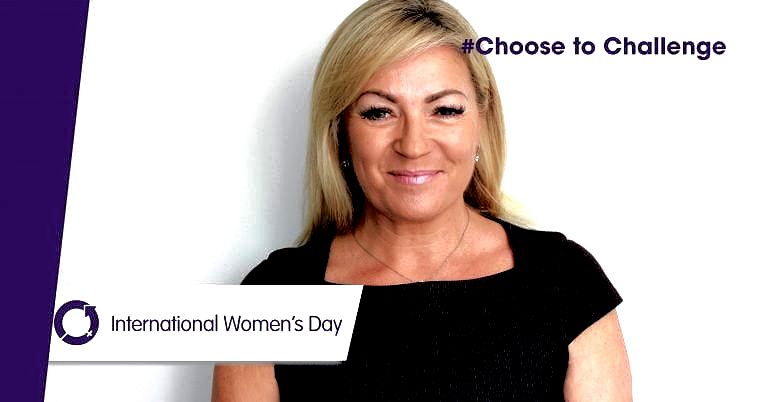Australian Women in Recruitment
Recruitment, like many industries, has seen a significant transformation in recent years. A diverse and dynamic workforce is crucial, and the role of women in the field is more important than ever. Australian Women in Recruitment (AWIR), a community group founded by women at LinkedIn, is on a mission to empower and uplift female leaders in the Australian recruitment industry. I recently had the privilege of attending an enlightening seminar hosted by AWIR, which brought together three outstanding leaders in the recruitment field. This article will delve into the key takeaways and insights from this seminar, shedding light on the challenges and successes of women in recruitment.
The AWIR Initiative
AWIR, a passionate community of women in recruitment, has set out to create a platform for conversation, learning, and community-building within the industry. Their goal is to empower both current and future female leaders in recruitment by providing a space for discussion, networking, and knowledge-sharing.
The seminar showcased the incredible achievements of women in the industry, highlighting the challenges they have faced and the impacts they have made. It is not only a celebration of their successes but also an opportunity to learn from their journeys and apply those lessons in our own careers.
The Gender Disparity in Recruitment
LinkedIn reports that approximately 64% of recruitment consultants are women, indicating a significant presence of women in the industry. However, when we look at upper management positions within recruitment, the number drops to a mere 31%. This glaring disparity is a reminder that there is much work to be done in fostering gender equality and empowering women to rise through the ranks of leadership roles in the field.
Key Takeaways from the Seminar
The AWIR seminar featured three prominent leaders in the recruitment industry who shared their insights, challenges, and the impact they have made. Here are the key takeaways from these inspirational women:
- Data-Driven Leadership: One crucial skill for leaders in the recruitment industry is the ability to draw insights from data. It’s not enough to rely solely on experience and intuition. Effective leaders combine data analysis with their existing knowledge to build relationships and make informed decisions. This is how you become an expert in your field.
- Personal Branding: Building a personal brand is essential, especially in a people-centric industry like recruitment. People are more likely to trust and connect with you as an individual before they buy into your services. Keeping your personal branding natural and in alignment with your values and identity helps create a strong personal brand. Remember, on platforms like LinkedIn, it’s about fostering conversations and connections, not about presenting perfection.
- Self-Understanding for Leadership: As women move into leadership roles, understanding themselves, their values, and motivations is key. This self-awareness allows them to better understand, advise, and manage others. By harnessing their unique strengths and qualities, female leaders can navigate the challenges of leadership with confidence.
Acknowledgments
The AWIR seminar was a powerful and enlightening event, made possible by the dedication of LinkedIn and the wisdom shared by the remarkable speakers. We extend our gratitude to LinkedIn for organizing such an enriching event, and to the seminar’s speakers for sharing their expertise.
In conclusion, women in recruitment are a formidable force, contributing significantly to the industry. However, gender disparities persist, particularly in leadership roles. AWIR and events like the one I attended are vital steps toward empowering and uplifting female leaders in recruitment. By embracing data-driven leadership, personal branding, and self-awareness, women can continue to shatter the glass ceiling and inspire the future generations of leaders in the recruitment industry. The path to gender equality and diversity is one we must all tread together, supporting each other and learning from the remarkable women who have already paved the way.
Article written by Mhairi Lamrock-Pierce
